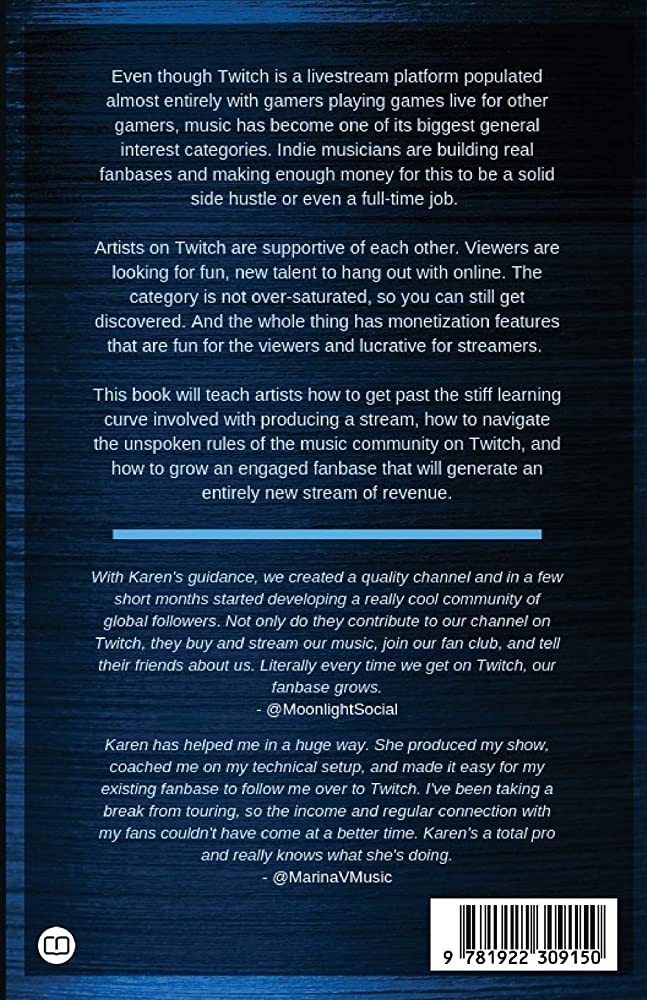Electronic music has a larger fan base compared to indie rock in the United States, according to a 2018 report by Nielsen Music, although indie rock still has a loyal fan base that values authenticity and artistic integrity over commercial success. Many electronic music fans are tech-savvy younger people who are attracted to the genre’s driving beats, intricate rhythms, and futuristic soundscapes. On the other hand, indie rock is often associated with a DIY ethos and its raw, unpolished sound that emphasizes emotion and personal expression. The choice between electronic and indie rock depends on personal taste and preferences.
Electronic vs. Indie: Which Has the Bigger Fan Base?
Introduction
Electronica and indie rock are two popular genres of music, each with their own unique characteristics and fan bases. Electronic music originated in the 1970s, with its roots in disco, funk, and soul music. Indie rock emerged in the 1980s, as a response to the commercialization of mainstream rock music. With the rise of streaming services and social media, the music industry has changed significantly. In this article, we will compare and contrast the popularity of electronic and indie music among fans in the modern music industry.
Electronic Music Fan Base
Electronic music has become incredibly popular in recent years, particularly among young people. With its driving beats, intricate rhythms, and futuristic soundscapes, electronic music has captured the imaginations of millions of fans around the world. Electronic music festivals like Coachella, Ultra Music Festival and Tomorrowland attract huge crowds, and DJs like Calvin Harris, David Guetta and Tiësto have become global superstars. Fans of electronic music are passionate about their genre, and many have formed close-knit communities online and in person.
Indie Rock Fan Base
Indie rock has been around for decades, but it still boasts a devoted fan base. The genre is often associated with a DIY ethos, and many indie rock bands have eschewed major record labels in favor of independent releases. Indie rock is known for its raw, unpolished sound and its focus on emotion and personal expression. Many of the most successful indie rock bands of recent years, such as Arcade Fire, The National and Vampire Weekend, have achieved mainstream success without compromising on their artistic integrity. Fans of indie rock tend to be fiercely loyal, and many enthusiasts take pride in discovering new, underground artists before they achieve widespread recognition.
Comparing Popularity
When it comes to the sheer size of their fan bases, electronic music has a clear advantage over indie rock. According to a 2018 report by Nielsen Music, electronic music was the third most popular genre of music in the United States, behind only hip-hop and pop. Indie rock, on the other hand, is a relatively niche genre, and does not enjoy the same level of mainstream success. However, the popularity of electronic music is largely driven by streaming services and festivals, which tend to attract a younger, more tech-savvy audience. This means that while electronic music may be more popular in terms of sheer numbers, indie rock still has a dedicated fan base that values authenticity and artistic integrity over commercial success.
Conclusion
In many ways, comparing the popularity of electronic vs. indie rock is like comparing apples and oranges. While both genres have their own unique strengths and drawbacks, they each have their own loyal fan bases who appreciate them for different reasons. Electronic music is popular among younger, tech-savvy audiences, who value the high-energy beats and futuristic soundscapes. Indie rock, on the other hand, is more popular among those who value authenticity and personal expression over slick production values and commercial success. Ultimately, the choice between electronic and indie rock depends on your individual tastes and preferences. Both genres have a lot to offer, and it’s up to you to decide which one is right for you.
